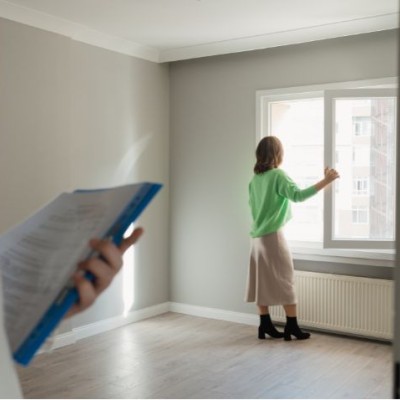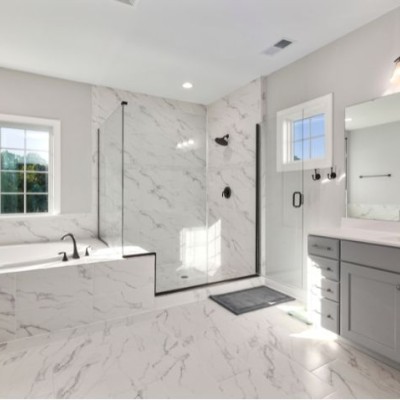New to renting? The things tenants often forget to budget for

In addition to your rent, there are other household costs you need to budget for as a tenant. It’s vital you know what these are before you agree to take on a tenancy, so you can be sure that living in the property is going to be affordable ongoing.
Here are the key costs to budget for:
Deposits
There are two categories of deposit when you rent a property:
Holding deposit
If you want to make sure you don’t miss out on a property, most agents will ask for a ‘holding deposit’ while they process your application. This can be up to the equivalent of one week’s rent.
With the average rent for new lets at around £1,280 (Zoopla), that puts the average holding deposit at around £300.
If the tenancy goes ahead, the amount you have paid is deducted from the tenancy deposit. If you fail the credit check or any other part of the application process, your holding deposit should be refunded. However, if you pull out or are found to have submitted false information on your application, you will forfeit the holding deposit.
Tenancy deposit
This can be up to the equivalent of 5 weeks’ rent, although some landlords will simply require a month’s rent, and it’s due before the tenancy begins.
The money is legally protected in a government-approved scheme for the duration of the tenancy and returned to you at the end - less any permissible or agreed deductions, e.g. for cleaning or outstanding rent.
So, once you’ve decided how much rent you can afford to pay each month, you can then work out both the holding deposit and full tenancy deposit you’ll need to have available when you’re ready to look at properties.
If raising a sufficient deposit will be difficult for you, we offer a No Deposit Option as part of our Residency membership for tenants, so please enquire about this.
Rent in advance
In addition to the tenancy deposit, remember that rent is payable in advance. This means in order to move into a property, you will effectively need the equivalent of two months’ rent.

Moving costs
If you have a lot of possessions, you might need to budget for transportation, such as hiring a ‘man with a van’.
Council tax
Some tenants think the landlord pays the council tax and the cost is somehow included in the rent, but that’s not usually the case, unless you are renting with all bills included. So you’ll need to budget for that extra monthly charge on top of your rent. If you’re living on your own, you should be eligible for a 25% discount, and if you’re a full-time student, you should be exempt from the charge.

Utilities
You’re also responsible for your own water, waste, electricity, gas, broadband, etc., so make sure you have enough money set aside for those monthly bills.
Contents insurance
Even if your landlord has contents insurance, this only relates to their possessions – furniture, soft furnishings, etc. – it doesn’t cover your personal belongings against accidental damage, theft etc. So it’s well worth considering taking out cover to protect yourself. Our sister company Bode Insurance Solutions can help you.
Damage
Although your landlord is likely to have insurance, they will still expect you to pay for any damage you cause. And even if you take out your own contents insurance that covers accidental damage to your landlord’s property, you may not want to, or be able to make a claim. So it’s worth having some savings set aside in case anything goes wrong.
One final important thing to remember when your tenancy is coming to an end and you’re moving on, is that you won’t get your deposit back until after you’ve left. So, if you’re moving to another rental property, you’ll need to have enough funds available for your new deposit – or at least be able to bridge the gap in the short-term.
If you’d like to chat through the various costs involved in renting, or you’re currently on the hunt for a suitable home, just get in touch with our lettings team in your local branch and one of our experts will be very happy to help.
Looking for advice?
If you're looking to let or sell your property, we can help. Get in touch with your local branch or book in for a property valuation.

Contact Us
Got a question, general enquiry or something else?
You may also like
Since we started in 1987 we have grown to one of the UK’s largest property groups, we can save you time and money by offering a range of services and expertise under one roof.



